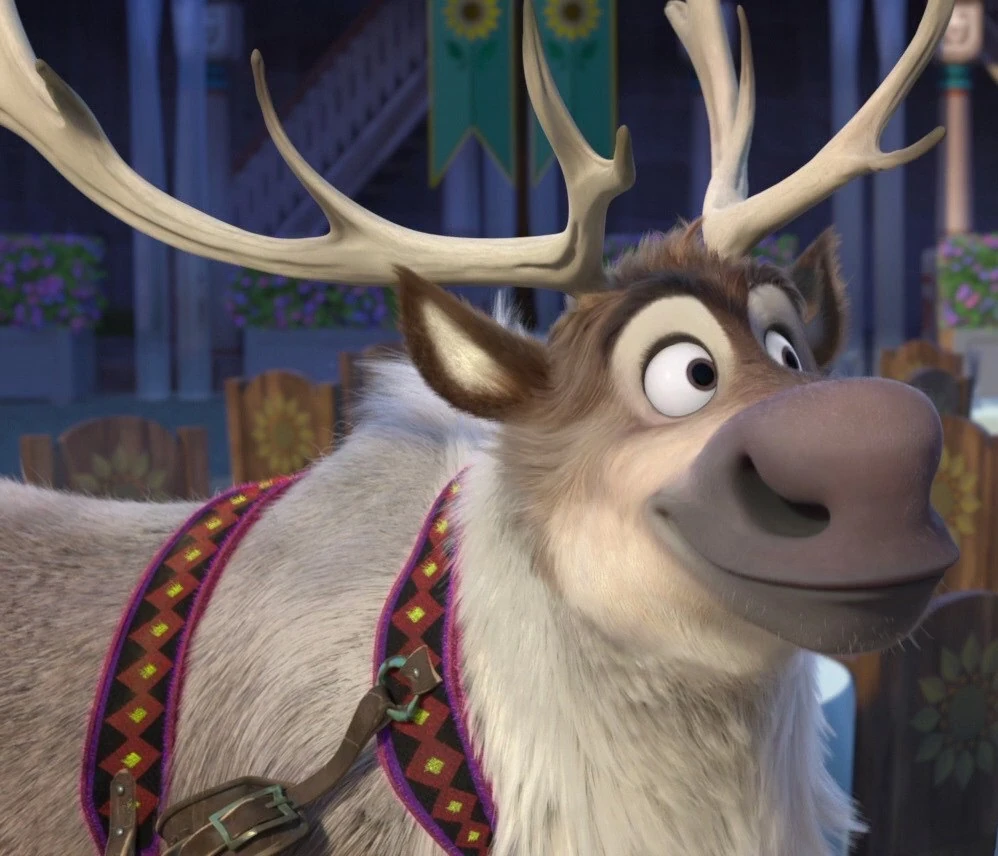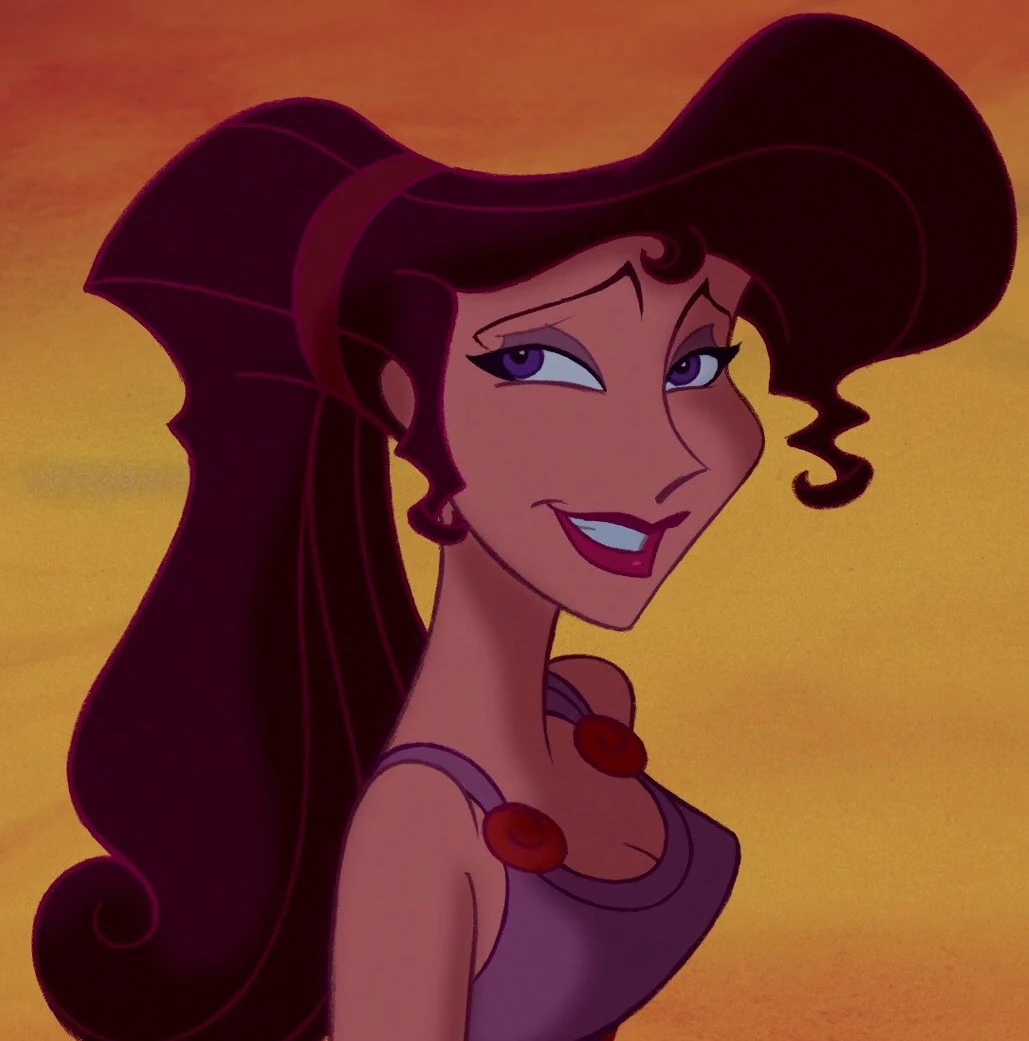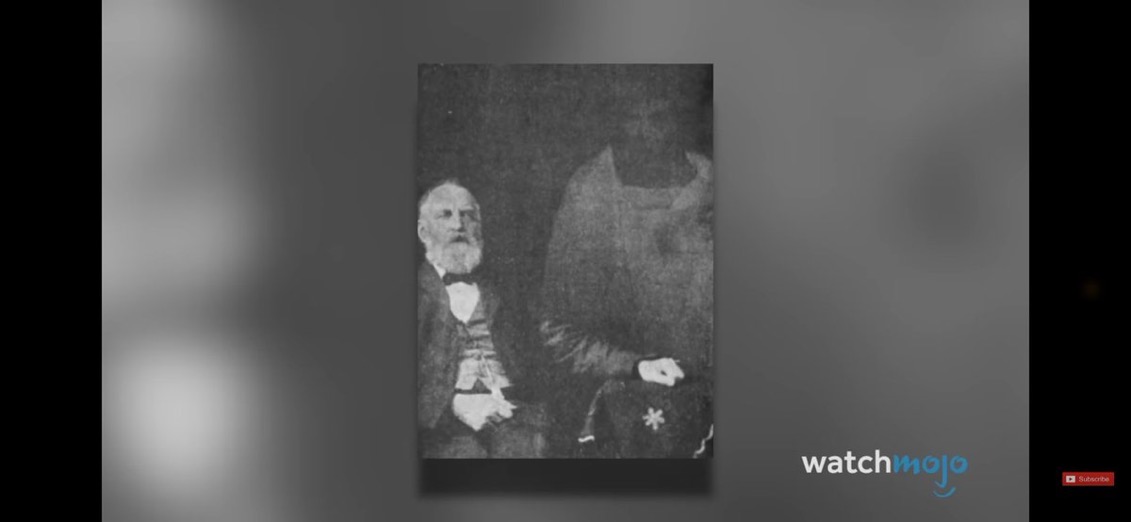Interview: Jennifer Castle opens the door into her world of song - Americana UK
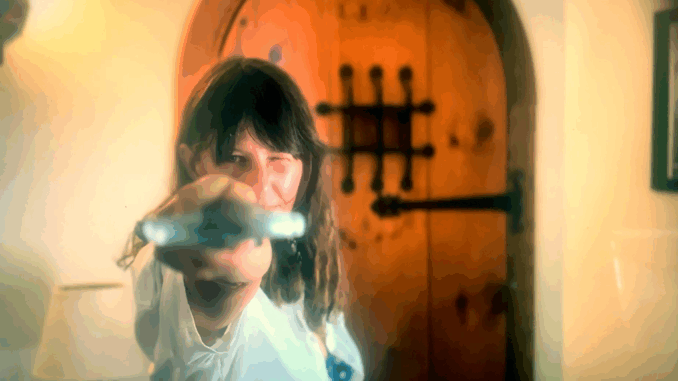
We are here to talk about the Earth Mother, We are here to talk about the Arthurian Damsel. We are here to talk about an imaginative chimera and a darker rose. We are here to talk about the triple aspects of the Universal Goddess – maiden, mother and midwife – as manifest in a single singer/songwriter from Toronto, whose name you might recognize but whose music you would be hard put to describe because hers is so dramatically different from album to album (sometimes within an album) that you would swear she is not one woman but a one-woman panoply of song – the three faces of Eve.
Her latest album is called “Camelot,” the symbolic, mythic kingdom that has come to represent utopia, a quest for the Holy Grail. Jennifer Castle’s Camelot charts a realer, more rooted, and more metaphorical place, a space more psychic than mythical where the fantastical interpenetrates the mundane, and the Grail distills everyday experience into art and art into faith, subliming terrestrial concerns into sublime celestial prayers to Mother Nature, and to the unfolding process of perfecting imperfection in one’s own nature.
I hear the sirens and the desert deities, she sings on the album’s lilting, vulnerable title track. They travel on the breezes enchanting ladies / they’ll tie a knot around this house / and it’ll sound just like the wind / blowing long and low / songs from ancient places. She’s hoping to save a lover as Guinevere tried to save Lancelot.
Castle writes songs like truth-seeking missiles. When developing a circumstance, she aims directly for her character’s soul and then fills in around it with disturbingly accurate minutiae. Her triumph is to descend into the green ooze at the bottom of the psyche, down among the gnomes and cobwebs, only to emerge clutching something gracious, something good, some stained and dented emotional equivalent of the Holy Grail.
She may be quietly incandescent both on Zoom or on record. Should you encounter her at some live show, you would find her unassumedly greeting your questions about her art with a shy laugh that Joni Mitchell could have gargled with. A lack of pretension enhances her power to pretend.
Perhaps you have only experienced her music through the country-soul ballad ‘Blowing Kisses,’ which can be heard in the penultimate episode of the third season of FX’s “The Bear.” Castle contemplates time and presence, love and prayer: Can you feel me? / Can you feel what I do? / I’m at the front of the moment / and I’m blowing my little kisses to you.
Regarding her paradoxical persona – fly and spider, sunbeam and twister, spoon and knife – when you first listen to her marrow-piercing previous album, “Monarch Season,” you feel you want to protect her. But upon second listen, you want her to protect you. So, let’s take her little hand in ours and ask her to guard us against the brutal shadows that she, with incongruous innocence, seems to understand so well. Welcome to her world.
Actually, it was in London when I lived there. After high school, I went over to Europe for a bit. I started reading poetry and then my friend told the person at the open mic that I also played guitar. That was that. I started performing.
Nerve-wracking. I’ve always had stage fright, but there is something about it that feels very compelling. It feels like the other side of writing. Maybe the tension or the catharsis of writing is relieved by sharing. So, I trusted that.
I’m not quite sure. I don’t know if there’s something that’s mutable about the songs.
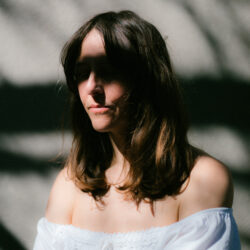
I definitely am a real person, and I’m really grounded, working, living my life. I have a real common sense about me, but I write almost to transcend that. I’m not sure how people receive my writing. It’s like hearing my own voice. I’ll never hear it when it’s played back to me. I thought it was a really rich thing, and then I’ll hear it back and I’m like, oh my gosh, I sound like a chipmunk. But one thing that I want to do when I’m writing is be in many places at once, and I’d like to think that one phrase can be a key to get to another place really quickly.
It came up in a phrase on the song ‘Camelot,’ and it was just a song at that point that was in this collection that to me felt like what you just described, quite disparate. It certainly didn’t have the name “Camelot,” nor did I know what kind of record it was going into the studio. I just got a band together and had five days booked. We had never performed any of these songs, so I hadn’t workshopped them or tried them out live or thrown them out there to see how they felt or even jammed them with anyone. They were just sitting inside my head. So, when I recorded them, they did feel to me like you described. One’s a ballad, one’s a German base, one is like this and so on and so forth. And I thought, that’s so interesting because it’s in many ways kind of all over the place.
When I named it “Camelot,” it was later in the mixing process and that resonated on so many different levels. The difference was that it created a land that all of these regionalities or provincial differences within songs or genre could exist under one world. It’s like the vernacular sounds so different, but they’re all from me. It was like, right, the Middle Ages. My name is Castle. The sort of mythical scope of some of the songs and their lyrics started to find their place. After a few days, it was onwards with “Camelot.” That’s the name.
I am a longtime fan of a Toronto artist named Jesse Harris. He’s got a razor-sharp eye, an illustrator’s tendency. I sent him “Camelot” the record and said it’s kind of wordy. It’s out there. It’s a big lyrical piece. There are lots of themes potentially, and lots of words and topics and different metaphors. I offered him nothing. I said, it’s yours. I just want to give this away because if I’m a part of it on an art sense, it’s going to just be too much. A day later he sends me back a door and I was like, wow, okay.
You send away your lyrical piece you’ve been working on and this stark thing comes back. I looked at the door and I loved it. He told me the first thing you do is go in and once you step through, then you can go into your lyrical world. So, he really envisioned Camelot as sort of a board game, like Snakes and Ladders. If you see the record as a whole, it’s like a big piece coming out of an instruction manual when you would open your board game and then spend the first hour having to read the instructions. How do you play this? And there is the crazy clock and all these different sorts of childlike illustrations. He said it’s a world. I loved the results.
No. It’s hard for me to talk about songs. I never know what to say. I can say that I wrote part of that to have a really big vocal moment. I was riding my bike a lot at the time with my dog, a husky, and she loves to run alongside out in the country. I wrote those big vocal parts riding my bike in the wind, because I often spend time up on a bluff. It had to be loud enough for the vocal to carry. It certainly wasn’t a hushed moment on my guitar in my kitchen. I sing a lot of melodies out in nature.
“Monarch Season” was the last record I made before “Camelot,” and it was just me playing acoustic guitar with harmonica. I wanted to make that record because I tour solo a lot. People would ask what my records are like, so I needed to make a record that is just me without other instrumentation. It came out September 2020 during the pandemic, but I had recorded it the year before. Anyway, the second song on “Camelot” is ‘Some Friends,’ which hearkens back to that “Monarch Season” style, just me and an acoustic guitar. And I like how it goes from this really big ballad with huge vocal moments and an orchestra to just bare minimum acoustic sentiment.
Yeah, the rhythm section is amazing. On the last of the five days at the studio, I said, there’s one more song that nobody’s heard and it’s really easy. We had literally just over an hour left, and we ran it once and the band got it. That was the sound of a band that was really into grooving with each other at that point. You could say, they had trust.
Not an Olympic one. Not even close. But I loved gymnastics when I was a kid, so that felt really great when I realized I had to make my own videos. It just came to me that song has a tumbling feel to it. It just keeps going – next verse, next verse – and it tumbles and then lands and tumbles and lands. I went home and downloaded iMovie and started to go through footage of the Olympians, and it felt good for them to be representing this work.
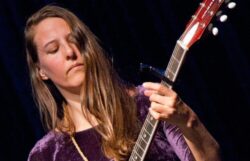
I’m sure I was upside down very recently. I try to get upside down whenever I can.
That is Carl Didur and Mike Smith. Carl has such a beautiful touch. The vocalists really become prominent on that song. I dropped that one on them at the end, too, and the band is really locked in with each other. That’s a jam.
I am not. Sagittarius. That song came out on an early evening whereas some songs can be more built. It speaks no lie. When we recorded that, Jeff, my co-producer and engineer and very deep musical partner said, oh my God it’s like Vegas. It has a real bravado to it or swing. Owen Pallett arranged the awesome saxophone. And Carl Didur’s beautiful flower punk keys on the outro really shines.
Amen. The genesis of that song, no pun intended, is when I was a little girl seeing the news probably very early eighties, back when the television was a big box that was a cube. I must have been at the box height. There was a newscaster reporting on the Mary statues bleeding in the Vatican or in Rome, and she was thought to be crying. I was amazed. I think a story like that now would be relegated to social media, but that always stayed with me as a really gory young memory. And it got dredged up when I was writing. I thought, I have to write about this memory that I’ve carried so many years.
I sent that song to “The Bear” after I watched the end of the second season. It had been a year, and then I watched the third season. It’s so intense. My takeaway was that he (Carmy) doesn’t really get out of the fridge. He might get out of the fridge physically, but the whole third season is an act about how he doesn’t really. He’s still stuck in the fridge of his own chill interiors. This is really stark. But I thought that was kind of cool that they were that patient with this process of being not in a good place. And I was really grateful for the treatment they gave to ‘Blowing Kisses.’
I discovered that song as I wrote it, so I’m not quite sure to say exactly what it means, but it felt cathartic to write it. At first, it was like a banger with my harmonica, and then we agreed that maybe the record would need some breathing space and that it could act as a calming moment.
I like to say that. That’s really key at the age I’m at in my mid-forties. To spend so much time having eras in which I felt alienated or disillusioned, I can still very much feel that. But there has been a homecoming back to the world. I now feel that I’m here and have a comfort in my own skin.
For whatever reason, I’ve spent some time thinking that I’m in the wrong place. There are so many different variations in which we feel disenfranchised or alienated or shouldn’t be deserving to be here, brought through whatever roots that our families have. That’s how we’ve wound up where we are at the time. And you can overthink that till the cows come home. Then there’s also a moment where you can just know that you’re where you are and there’s a reason you’re here and that you’re not anything that anybody else says you are, that you belong exactly to the world as you are. That’s also a sentiment you can embody. There was something very relieving for me to at least say that. I could feel like I’m pulling my hair out today or tomorrow, don’t get me wrong. But at the moment of writing that song, it felt like a very nice relief to say, I belong to the world and to mean it.
I like that song a lot. There’s a resolve, a part of me that’s never ending. There’s an eternal part in each person. If you can spend time with that; if you’re in a position where you can fix your coordinates to understand that as often as possible there’s an eternal part potentially of yourself and of others, and to remember that and to handle with care that sort of destiny in time in which we interact with each other, I think that’s really good. I’m saying this out loud to myself when I’m in a position to remember. It’s nice to be able to write from that place or write a sentiment about that feeling. You can easily forget that and remember all the short-term qualities of a person, but I think what we end up being left with is something a little bit more eternal.
That question lands at a time much more resonant as we actually are engaged with those questions in literal form. But it wasn’t written necessarily to stick a pin in that issue. It doesn’t surprise me as a lyricist that I would ask that or that the narrator that writes would be concerned with that question. I also notice my own literary voice wrestling with wanting to find a sovereignty or be able to transcend certain things. Whatever that looks like, I feel like that’s one of the themes on this record.
What am I? How much of this has seeped into me? What agency do I still have? How natural am I? What is pristine of what is left? I think that there’s this questioning and all sorts of poly-sci themes that these questions can resonate within, and I think that they start from a sort of spiritual personal place. And if they resonate outwards, that’s great because I want to write well. But they start really with me in a personal inquiry way.
I’ll have to see that. It’s a sort of Camelot with artificial intelligence solving the world’s problems. I definitely like to honor the quest. I didn’t write with this intention, but it’s brought to light this kind of arc of the middle age, whether in history or I guess the birth of Christ in our year timeline. It’s nice to mark the quest, whether it’s for the Holy Grail or to remind you what set you off on the journey in the first place. That’s how this record resonates for me. You can be writing, and I’m sure you know about this as a writer, but you can be writing and you can think it’s just this insane puzzle you’re trying to put together. And then you put it down for a second and you realize you’re in community with puzzlers, and that we’re all kind of puzzling this out together. That you can tip your hat to the great quest. Literature is really cool that way.
That song has a story, too. While writing that song, I was trying to talk to a very old friend that I was completely out of contact with and hadn’t seen in many years. I met her when I was in my early twenties, and she was telling me about how she used to walk the way of Santiago in Spain, the pilgrimage there. Do you know of it? She and her father had walked it, and I thought that was really cool. Then we lost touch, and I was looking through some of the postcards she showed me that she had sent to her mother while she was on the way of Santiago.
I thought, wouldn’t that be interesting to be able to write that in a song? And imagine if somebody heard that song sitting in a café years later and thought, what is this song? Wait, is this song about me? It was kind of like codes from this trip that she took. And one of the things she told me about was on the way of Santiago, one of the paths follow the arm of the Milky Way. This woman’s name was Susanna. I think it starts, Oh, Susanna, / under Stars of Milk / Can you hear me calling? I’m underneath the fountain / can you hear my voice? Sometimes when you think you hear somebody and you go, oh, that laugh just reminded me of somebody. What if somebody was really trying to contact you? And years later, I did end up being in contact with her, and I said, you got to check out this jam. I wrote this song, and she got such a kick out of it.
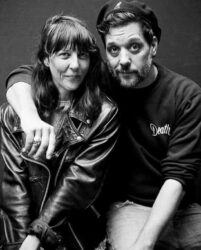
Well, I think that I’ve always known that, but I didn’t “know” that I was a musician. I look back now and realize that I was a music person that just didn’t know that I could play music, because I only bought a guitar when I was 18, and I had no idea how to play it. I just saw it in a thrift store and thought, I’m going to buy that. It made no sense. I just had an impulse. And I wrote a song that night. I got my friend to teach me chords. But what I really wanted to be, when I was growing up, was an astronaut, and a poet, too.
I was very young and kind of outgrew that by the time I got to high school, though I was very headstrong and sure that I wanted to be a poet. I was putting little poetry collections together, and then I bought my guitar on a whim and wrote a song, and that was it. I wrote in my journal that night: “I’ll never write another poem. I’m going to write songs from now on.” And it was like the melody or the tone that felt so powerful to me, I could have activated this whole other realm of tone and meaning and playfulness and double meanings a lot sooner.
Who knows if it’s too late? The world changes at such speed. Maybe they’ll be hiring songwriters soon to go into space. I wouldn’t be surprised if I found my way into birth work, but there’s so much I could be. I’m very chameleon-like that way. Sometimes I’m like, what hat am I wearing? Okay, I’ll be that. I can imagine myself in many different scenarios, but thank goodness, I’d probably be a writer or a poet, slugging it out on the poetry circuit.
I live by the water. One of my oldest songs that I used to start every set with for many years was called ‘For My Friends,’ and its refrain goes, Down by the water, that’s me. And fifteen years later, it stands true. The water is me.
I went up there for a project with my son, who was a baby at the time. He’s 16 now. It was beautiful. It was a funded art project. They put a filmmaker and musicians together with resources like boats and crew, and took us out onto to the water to see the rock formations that have been there for years. I was just in Stockholm, speaking of archipelagos, and I was sleeping on a boat there. My hotel was on a boat, and also in the fjords. I find myself in bodies of water all the time.
I’ve been attending births probably for around fifteen years now, and it’s only something I can do part-time because I’m often traveling and I had my own small child. I’ve probably been at just under 40 births. I like to maintain my connection to families and people that are birthing, women that are birthing. It’s a great honor. You’re not cool when you’re helping a woman have a baby. It doesn’t matter if you’re cool or if you’re on tour or what record you released. You need to just check your energy at the door and truly attune to another person’s journey. It’s good practice. I always say artists make great doulas. We’re flexible. We work long hours and we’re committed. I’ve kept them all by the candle.
It is. Thank you. That’s not explicit, but there was a quality, and maybe not even my own mothering. It’s at once the massive scope and also deep, tiny seed of simplicity that sometimes a mother’s question is. It can be where’s the peace or where’s the justice and why, because I love you, and that’s it. Sometimes the mother’s question is so complicated and so simple at the same time, and I think that’s such a special gift of complexity.
You said something about staying close to the source (water) and staying close to the candle. What did you mean by that?
That’s me at my best. Light a candle and let it rip. That’s how I liked to play a show as a grassroots musician. I don’t come with a lighting rig. I often just put a candle beside me and put the flower I picked on the amp. There’s no set, no lights, no sound tech. Let’s go. The first thing I did the morning after I arrived in Scandinavia was find the water. And the night before my show that morning, I was swimming in the fjord. It’s good for me. I’ll try to find water when I’m on the road, and I start my day and end my day by candlelight. While I’m here on the Earth, those are the constant things in my life.








